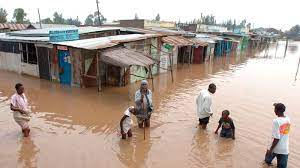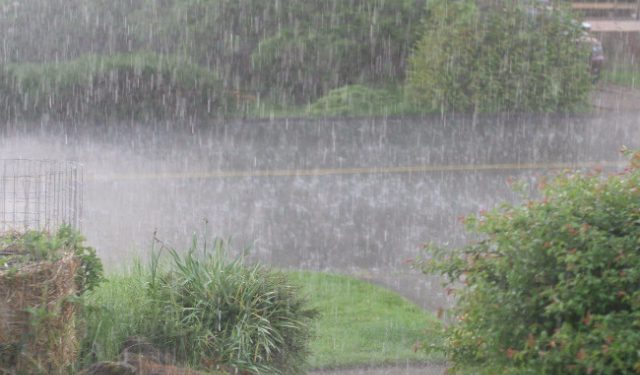Heavy Downpours Floods the United Arab Emirates
On April 16, 2024, the United Arab Emirates (UAE) faced an
unprecedented natural disaster as heavy rains triggered floods across several
cities, notably Dubai, Sharjah, and parts of Ras Al Khaimah. This deluge,
described as the heaviest rainfall in 75 years by the Emirati National Center
for Meteorology, brought life to a standstill.
The torrential rains commenced late on April 15,
intensifying through the next day and finally abating on April 17. Within this
short span, the UAE witnessed a meteorological anomaly, shattering records
dating back to 1949. Notably, the Khatm Al Shakla area in Al Ain recorded a
staggering 254.8 mm (10.03 inches) of rainfall in less than 24 hours, leaving
widespread flooding in its wake across all seven emirates.
Amidst the chaos, the floods exacted a grim toll, claiming
the lives of five individuals, including three Filipinos, an elderly Emirati
man, and a Pakistani national who tragically drowned after the surging waters
swept away his vehicle. Their untimely demise serves as a stark reminder of the
lethal potential of natural disasters and the importance of robust emergency
response measures.
The floods brought the bustling metropolis of Dubai to a
grinding halt, severely disrupting transportation networks. The Dubai Metro, a
lifeline for commuters, ground to a halt, leaving around 200 stranded
passengers at various stations. Major highways, including the vital E11 road
linking Dubai to Abu Dhabi, were rendered impassable, exacerbating the
logistical challenges. The aviation sector bore the brunt as well, with Dubai
International Airport witnessing the cancellation of 1,244 flights over two
days, causing widespread disruption to travel plans.
In the face of adversity, the UAE exhibited commendable
resilience and solidarity. Emergency services worked tirelessly to rescue
stranded individuals, clear debris, and restore essential services. Moreover,
authorities swiftly implemented measures to safeguard against misinformation,
highlighting the importance of accurate information dissemination during times
of crisis.
The 2024 UAE floods serve as a sobering wake-up call,
emphasizing the imperative of proactive measures to enhance resilience against
natural disasters. Investment in resilient infrastructure, robust drainage
systems, and comprehensive disaster preparedness plans must be prioritized to
mitigate the impact of future events. Additionally, fostering community
awareness and participation in disaster risk reduction efforts is crucial for
building a more resilient society.










.jpg)